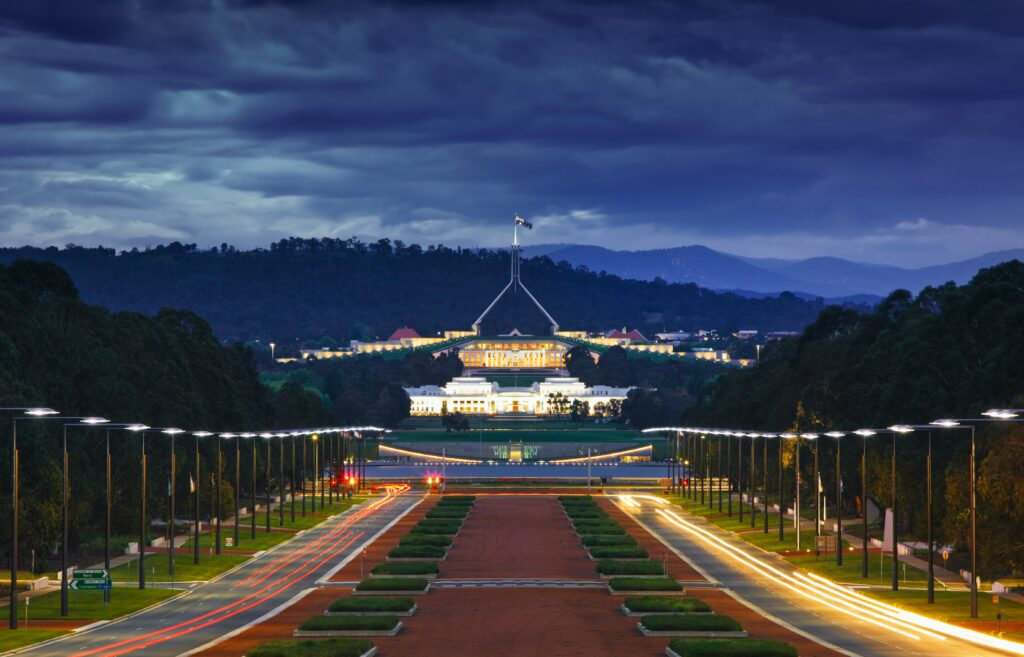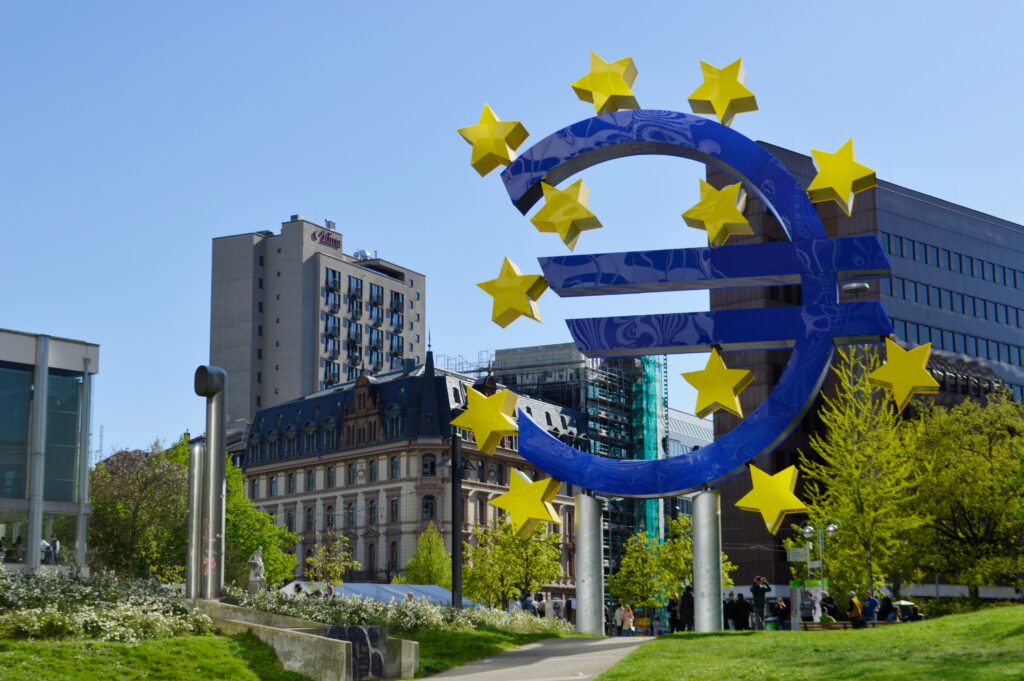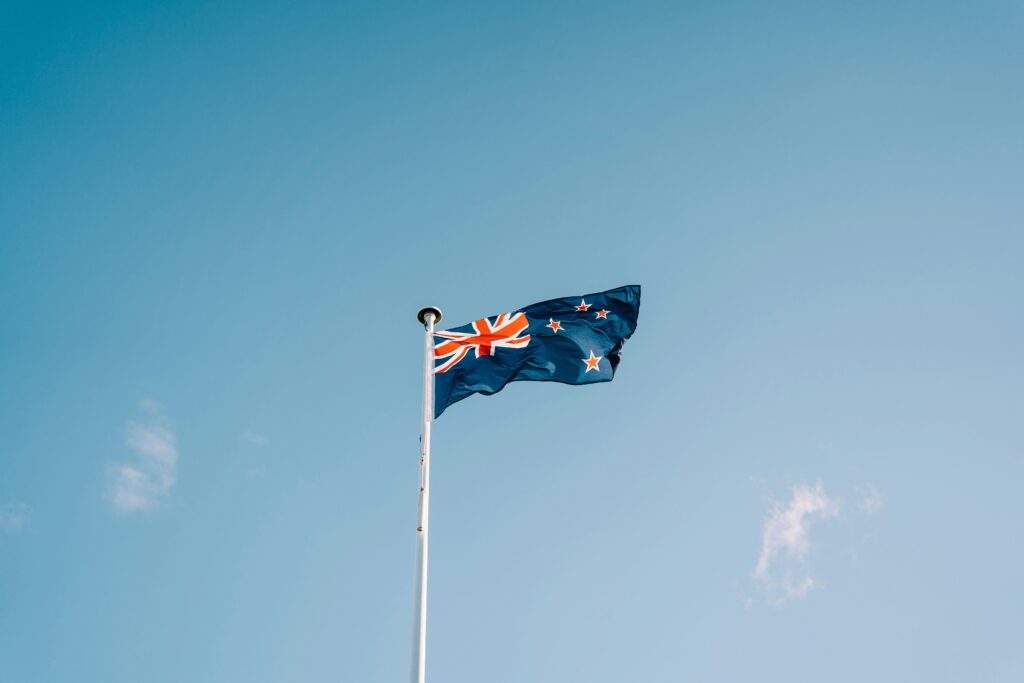In the wake of Australia’s seismic 2025 federal election, a transformed political terrain is beginning to crystallise. With Sussan Ley’s historic ascension as the first female leader of the Liberal Party, the splintering of the Coalition, and a surge in influence among minor parties, Australian politics has entered a new epoch—volatile, pluralistic, and ideologically contested. For Australian enterprises eyeing expansion into the United Kingdom and continental Europe, this domestic upheaval is far from parochial. Rather, it is a prism through which international stakeholders will interpret regulatory reliability, environmental commitments, and governance integrity.
This article seeks to unravel how the tectonic shifts in Canberra’s political apparatus could reshape the way Australian businesses plan and position themselves as they expand into the complex and highly regulated markets of the UK and EU.
Leadership Renewal and the Mirage of Stability
Sussan Ley’s elevation heralds a rhetorical pivot towards moderation and inclusivity. Yet, behind this polished veneer lies a party fractured along ideological lines. For Australian businesses, the key concern is not the novelty of her leadership but the opacity it introduces into policy continuity.
In European capitals, political consistency is a currency of credibility. Regulatory volatility—particularly on matters such as corporate taxation, energy transition, and trade facilitation—can chill investor sentiment and disrupt long-term market entry strategies. Thus, unless the Liberal Party swiftly articulates a coherent economic vision, businesses may struggle to position themselves as dependable partners in jurisdictions that prize legal certainty and strategic foresight.
Coalition Cracks and Carbon Dissonance
Perhaps more destabilising than any leadership reshuffle is the ideological rupture within the Coalition. The Nationals’ stance against Australia’s net-zero trajectory places them on a collision course with the economic realities of modern trade. Europe, with its Carbon Border Adjustment Mechanism (CBAM), has made it abundantly clear: climate laggards will pay at the border.
For export-oriented firms, especially those in high-emission sectors, the price of domestic policy ambivalence could be exclusion from or penalties in lucrative European markets. Conversely, businesses that voluntarily harmonise with global sustainability benchmarks stand to gain first-mover advantages and reputational currency. Strategic alignment with the EU Green Deal may become not just a compliance issue but a commercial imperative.
The Rise of Minor Parties and Normative Realignment
The parliamentary ascendance of parties such as Legalise Cannabis Australia and the Greens‘ proposed “co-leadership throuple” may appear theatrical, yet their implications are anything but trivial. These actors are likely to champion legislative agendas echoing European norms: robust data protection, expanded labour rights, and ESG transparency.
For Australian firms, this could be an inflection point. Should Canberra drift towards progressive legislative harmonisation, businesses will find themselves operating in a regulatory climate more congruent with UK and EU expectations. Conversely, inertia or regression at home may increase the compliance burden for internationally active firms.
Foreign Policy Optics and Market Access
Albanese’s post-election overtures towards Jakarta underscore a pivot to the Indo-Pacific. While geopolitically astute, such a manoeuvre may inadvertently signal a deprioritisation of European engagement. In a post-Brexit world, where the UK is forging bespoke trade partnerships and the EU is recalibrating its global alliances, Australia’s diplomatic posture matters.
Companies seeking footholds in the UK and Europe must therefore operate as de facto ambassadors, bridging potential policy and perception gaps. Establishing bilateral credibility through strategic partnerships, third-party certifications, and stakeholder engagement will be crucial in an era where political alignment increasingly governs economic access.
National Brand and Reputational Leverage
Beyond tariffs and treaties, the reputational aura of a nation influences business outcomes. Australia’s embrace of gender-diverse leadership and parliamentary pluralism may bolster its soft power. However, internecine disputes over climate policy and social conservatism threaten to tarnish this image.
For firms, the strategy is clear: decouple brand identity from domestic political turbulence by foregrounding universal values—sustainability, equity, transparency. Proactive storytelling, ESG reporting, and alignment with the UN Sustainable Development Goals can serve as counterweights to any reputational drag induced by national politics.
Strategic Imperatives for the Internationalising Firm
In navigating this volatile nexus of domestic flux and international aspiration, Australian companies would do well to heed the following imperatives:
- Institutional Vigilance: Establish in-house or outsourced mechanisms to track political and legislative developments across both Australian and European jurisdictions.
- Regulatory Voluntarism: Adopt EU-aligned compliance standards, especially in ESG, data governance, and labour law, even where domestic mandates fall short.
- Stakeholder Diplomacy: Cultivate relationships with UK and EU chambers, trade missions, and sectoral regulators to build trust capital.
- Narrative Sovereignty: Own and broadcast a corporate narrative that emphasises ethical leadership and global citizenship.
A Forked Road, A Singular Choice
Derrick Lobban, Head of Bridgehead ANZ, explained that “as a business committed to sustainable growth and global engagement, we view Australia’s 2025 political transition as a pivotal juncture. While volatility presents challenges, it also opens up opportunities to redefine how Australian companies are perceived abroad. Our strategy is firmly anchored in aligning with international best practices on environmental, social, and governance issues, particularly those championed across the UK and European Union. We believe that proactive alignment—not reactive compliance—is key to building long-term trust and market resilience. We are investing in institutional foresight and stakeholder partnerships to ensure we not only meet evolving standards but lead in setting them. In a world increasingly shaped by reputational capital and regulatory coherence, we remain resolutely forward-facing. Australia’s shifting political climate will not deter our ambitions—it will refine and strengthen them.”
Australia’s political metamorphosis presents a paradox: it opens the aperture for progressive reform while simultaneously engendering uncertainty. For internationally ambitious firms, this moment demands both agility and audacity. The road to Europe will not be paved with old certainties but with the strategic courage to anticipate, adapt, and align.
Australian companies must become interpreters of two political languages—domestic disruption and global coherence. In doing so, they will not only secure their place in foreign markets but help redefine what it means to be an Australian enterprise on the world stage.
If you have any questions about international expansion, or if you’re ready to take the next step, get in touch.






